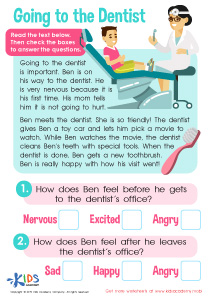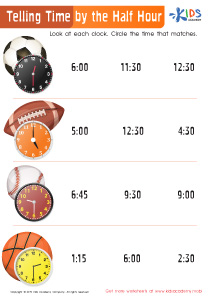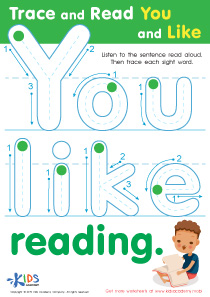Rhyming skills development Normal Grade 1 Rhyming Words Worksheets
3 filtered results
-
From - To
Enhance your child's reading abilities with our engaging Normal Grade 1 Rhyming Words Worksheets! Designed to foster rhyming skills development, these worksheets provide a fun and interactive way for students to recognize word patterns and expand their vocabulary. As children practice identifying and completing rhymes, they build confidence in their phonemic awareness. Our thoughtfully crafted exercises are suited for young learners, making reading more enjoyable and accessible. Dive into a world of creativity as your child explores the rhythm and melody of language! Perfect for classroom use or at-home learning, these worksheets guide your little ones on their educational journey.


Rhyming Words Rhyming Worksheet


First Words: Picture Rhymes Worksheet
Rhyming skills development in Grade 1 is crucial for young learners as it plays a significant role in their overall literacy development. When children learn to recognize and manipulate rhymes, they enhance their phonological awareness, which is the ability to hear and discern the sound structure of words. This skill forms the foundation for reading and spelling and helps children decode unfamiliar words more easily.
Moreover, engaging with rhymes builds vocabulary and improves language skills. Children are exposed to new words and phrases while also beginning to understand how sounds interact within language. This understanding enhances their ability to create, hear, and remember words, which is vital for effective communication.
Beyond academic skills, rhyming often fosters a love of language and literature. Fun rhyming activities, such as songs and poetry, cultivate children's enjoyment of reading, motivating them to explore and engage with books further. Additionally, as parents and teachers participate in these activities, they strengthen their connection with children, promoting a positive learning environment. In summary, nurturing rhyming skills is pivotal for fostering essential literacy skills, enhancing vocabulary, and building a lifelong love for reading and language.
 Assign to My Students
Assign to My Students














